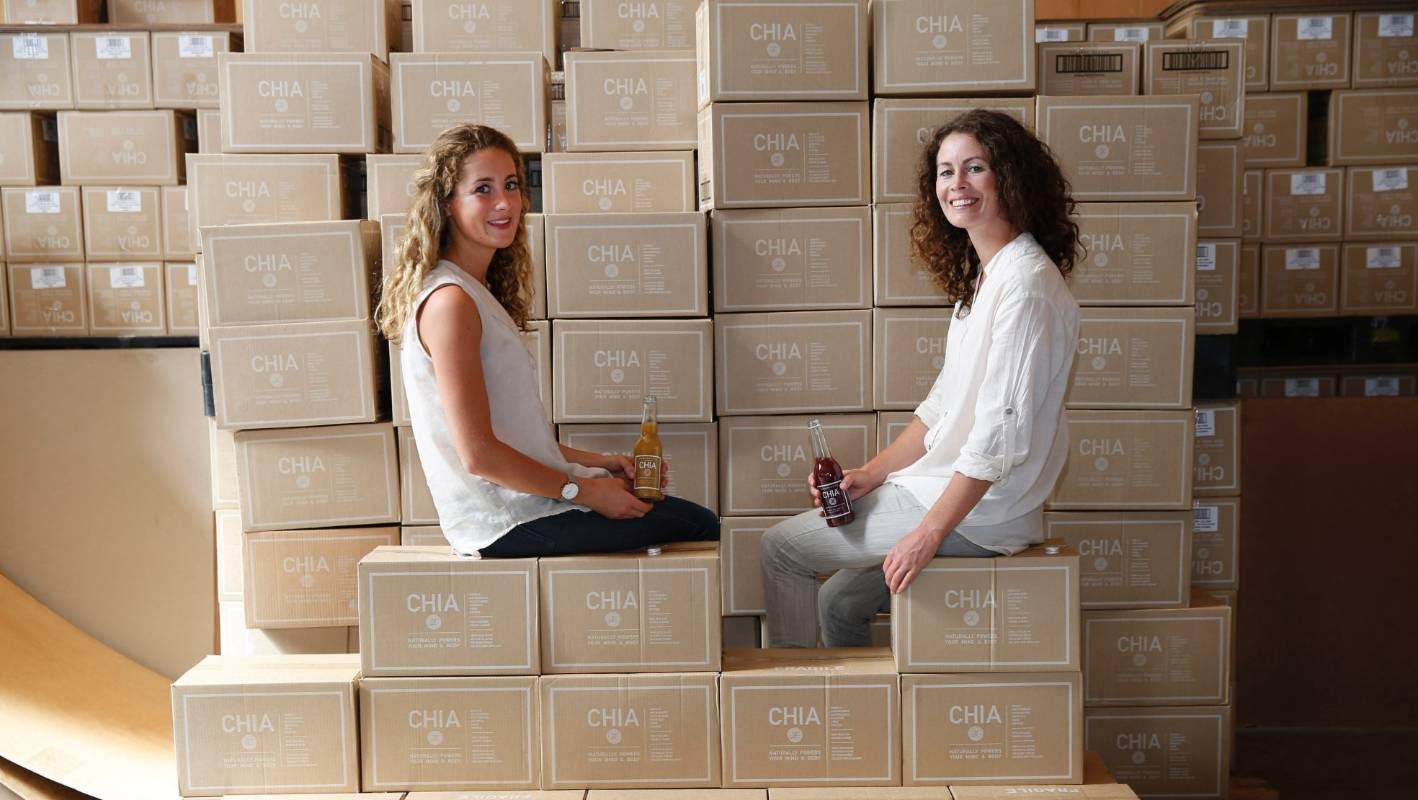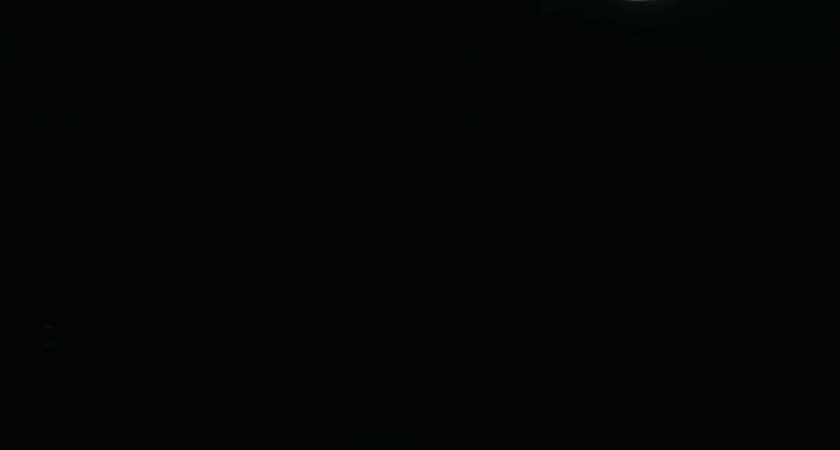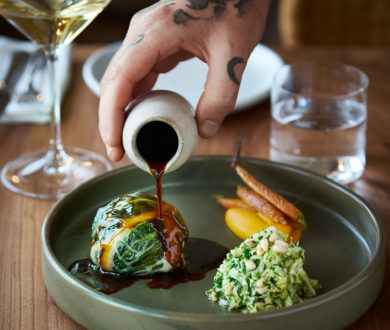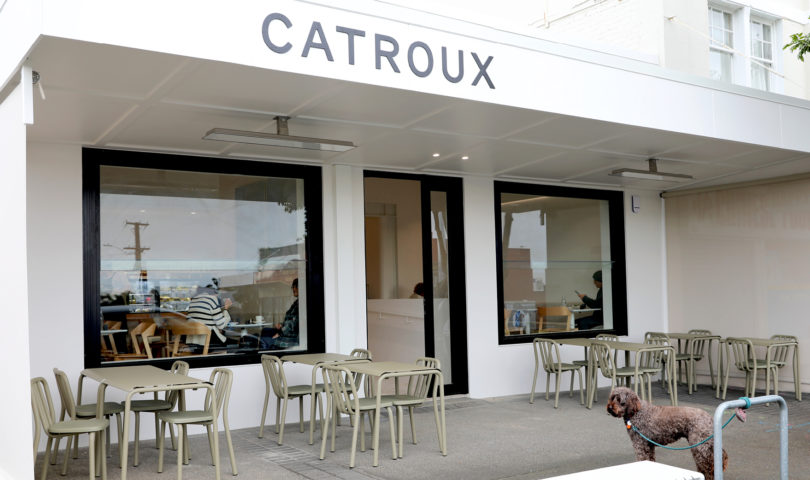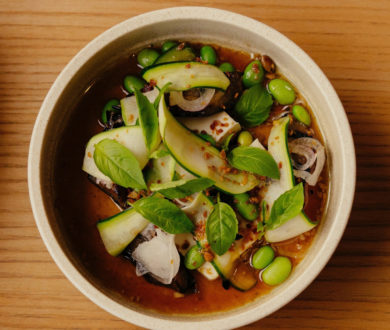The Chia Sisters, Florence and Chloe Van Dyke, are certainly paving the way for a greener, more environmentally-friendly future. Already well-known for their nutritious and delicious juices — available locally from Huckleberry — it’s the way in which the juices are made that has projected the duo into the spotlight of late, via a newly crafted, New Zealand first, solar powered juicery in Nelson. We sit down with the pair to learn more.
You’ve had your juicing business for a good few years, why is it now that you’ve decided to run it using a solar-powered juicery?
Last year we faced a difficult situation, the Nelson brewery where we had been bottling our range closed down with little warning. We only had four weeks of stock on hand and were faced with the prospect of going out of business. We had to decide whether to pack up shop or move forward. So over a two week period, and leading into our busiest summer to date, we purchased the brewery, set about lining the roof with solar panels, installed bottling equipment designed in partnership with Massey University and Callaghan Innovation, and employed Bays Brewery staff. We turned the situation into an opportunity, and now our goal is to make the world’s best beverages, with solar energy.
How much energy does the juicery produce per day?
On a sunny day (which is frequent in the sunshine capital) the solar panels produce up to 16,000KW per hour. This is double the factory’s needs. We send the excess energy back to the grid.
Can you ensure that the juicery runs effectively at all times of the year? Weather is notoriously unpredictable! So we are still connected to the grid. This means we use solar power when we can but if we are producing on a rainy day we use energy from the grid. Luckily our product is seasonal. The juicery bottles twice the amount in summer when the sunshine is best utilised.
How does having a solar-powered juicery effect the juice-making process? Are things slower?
Besides the initial installation which took 2-3 days, there has been no impact on the juicery. What it has made an impact on is the team’s mindset around sustainability. Because we know that our production line is more efficient when the sun is shining, sustainability is always on the mind. And this mindset becomes a filter for all of our actions, from how we can make the best environmental decisions around freight to purchasing ingredients and even how we run the office.
Championing sustainability has almost become a prerequisite to opening and running a business, is this something that you’ve felt pressured to do since beginning your own?
We haven’t felt pressured as sustainability has been one of our core values from the outset. Sustainability is something that we’re passionate about and we try to incorporate it into all areas of our lives, so it was a natural progression for us to fold it into our business. In addition to producing in a solar-powered juicery, our bottles are made from recycled glass, we have a near zero-waste manufacturing process, and our range is 100% made from plants — we take care to source the most sustainable ingredients possible. We also try to create the best environment for the Chia Sisters’ team. This includes being Nelson’s first accredited Living Wage employer. For us having happy staff that aren’t under financial stress is non- negotiable and is a part of our broader sustainability story.
How would you encourage other businesses to use solar power?
We think the best way to encourage other businesses to use solar power is to share our story. The transition has been easy for us – solar fits with our personal and company values; it has provided a great marketing story, and has been a financially sound move. While there is an upfront cost, our financial modelling shows that transferring to solar-power will pay for itself within ten years. We will be saving thousands of dollars a year from that point onwards. Often the conversations around climate change follow a fearful doom and gloom narrative. We feel it is important to emphasise what a simple and sound financial move it has been to shift to solar.
What’s been the biggest challenge on your solar-powered journey?
There have only been positives for us.
Tell me about your new juices, Bottled by the Sun.
Bottled by the Sun is a simple all natural juice made from 100% fresh pressed fruit. We have four flavours in the range: orange, apple, feijoa, and boysenberry — all bottled using solar energy. There’s no added sugar, no gluten, dairy, soy, genetically modified ingredients or artificial anything. Using fresh local produce has paid off — in March we won two gold awards for our Bottled by the Sun range at the Outstanding New Zealand Food Producers Awards, the only drinks in the country to win gold.
What’s in the future for the Chia Sisters?
We’re currently developing a hemp protein smoothie which will be the first of its kind worldwide. Hemp has a high nutritional value and is a sustainable crop. Research shows that hemp seeds have more protein than any other plant source available, which makes it a no-brainer ingredient. It’s now grown in New Zealand which gives us a great opportunity to support local growers. We’ll be launching this later this year, so watch this space!

